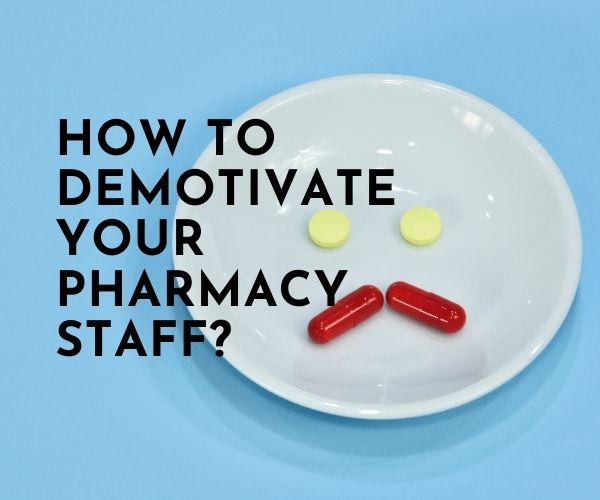The theory behind how sleep pattern helps in treating hypertension is not so new. There are many researches which reveal that there are a number of reasons due to which an individual may develop hypertension. Hypertension is also known as the silent killer because it does not give you any symptoms. You may have high blood pressure for years but when you finally feel the adverse effects, you wake up in the hospital with no explanation. This explains why most people with hypertension are unaware of their condition until it is too late.
In a normal situation, your body clock follows a certain pattern during the night. It slowly increases its basal level throughout the night and after about six hours you go to sleep. During the day, your blood pressure gradually remains elevated because you are awake and taking in some food and liquid. But if you suffer from insomnia, you tend to keep on sleeping during the day and this will increase your blood pressure at night.

In normal circumstances, if you have normal sleep pattern, the level of your blood pressure remains constant throughout the day. However, if you have insomnia, your body clock becomes out of sync. Your body does not get sufficient time to adjust to the sleeping pattern. It is only when you wake up in the evening that you start experiencing some degree of hypertension.
When your body is unable to adjust to normal sleeping pattern, your brain becomes attracted to the hours of darkness. This causes the brain to override the signals from the eyes and nose. If you suffer from insomnia, the lack of sleep affects your body clock and it results in higher levels of blood pressure during the night. You should understand that if you get a sufficient amount of sleep, it will be easy for you to maintain normal blood pressure.
How does sleep pattern help in lowering blood pressure?
During the night, your body temperature naturally decreases. It is important to get eight to nine hours of sleep every night in order to regulate your body temperature and prevent hyperhidrosis. The best time to get your recommended eight to nine hours of sleep is when you are sleeping on your side with your head elevated.
Your sleep pattern has a direct impact on your health. You may also experience severe headaches at times when you do not sleep well. Headaches are a common problem especially at night. If you find your headaches are becoming severe, you should consult your doctor. Your doctor will be able to analyze your sleep pattern and suggest changes that can help you.
So, how does how sleep pattern helps in treating hypertension?
Regular sleep is very important for maintaining proper blood pressure levels throughout the day. A good night’s sleep can also help you in weight loss.
You should get at least seven to eight hours of sleep every night if you want to stay physically healthy. The importance of sleep pattern is very evident in adults. They generally feel tired during the day. When you do not get enough sleep at night, your body will make adjustments to get you to sleep but it can be harmful if you do not sleep properly at night.

The best way to understand how sleep pattern helps in treating hypertension is to know what causes it. Obstructive sleep apnea is one cause of sleep irregularities. This is when you stop breathing for short intervals during sleep. Hyperventilation or excessive breathing is another. When you have disrupted sleep pattern, you will wake up feeling really tired even if you did not sleep well the night before.
When you have poor sleeping habits, you will find it hard to stay awake the entire time. In addition, you will feel really drowsy after sleeping for only few hours. This can result to frequent accidents at work and at home and can eventually lead to stress and tension.
How can how sleep pattern helps in treating hypertension? It helps by giving you a better night’s rest. When you get enough sleep, your body repairs itself. It also regulates your body temperature so that it does not get too hot during the day and too cold at night. As a result, you will feel more energized and alert the next day. This is because your stress hormones are lower than usual and you are more relaxed.









